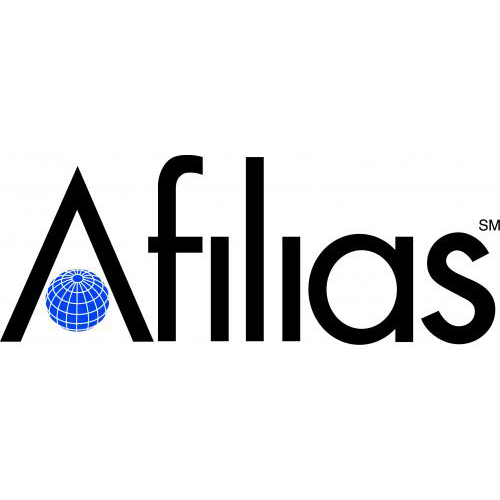
Today Domain Pulse has Roland LaPlante, Senior Vice President and Chief Marketing Officer at Afilias participate in our Q&A series looking back on 2018, forward to 2019 and his views on GDPR, how new gTLDs are performing and how relevant are domain names today. He also expresses concerns as to how the entire “ecosystem is grappling with the intersection of government desire for control (protection) and the historically open internet.”
Afilias is the world’s second largest domain name registry, with more than 20 million domain names under management (DUM). This includes providing backend registry services to a total of 192 new gTLDs with over 550,000 DUM making them the third largest provider of backend registry services and seventh largest by DUM. 21 of these new gTLDs are their own new gTLDs with over 170,000 DUM. All told, this gives them a great overview of the market around the world.
Domain Pulse: What were the highlights, lowlights and challenges of 2018 in the domain name industry for you?
Roland LaPlante: Highlights: success of dotBrands like .bnpparibas, .cern and many others are an inspiration—this is proving that the new TLDs have value
Lowlights: GDPR—privacy is important, but it appears that the domain industry has gotten caught up in a dragnet designed to solve other problems, making the global WHOIS an unwitting casualty of a broad sweeping regional initiative.
Challenges: The entire ecosystem is grappling with the intersection of government desire for control (protection) and the historically open internet that has brought so many benefits and unleashed so much creativity. Guardians of the open internet must be on high alert.GDPR – good, bad and/or indifferent to you and the wider industry and why?

DP: GDPR – good, bad and/or indifferent to you and the wider industry and why?
RLP: Greater sensitivity to privacy is a positive, but overemphasis on
it may create a cloak that hides criminals and impedes self-governance.
DP: What are you looking forward to in 2019?
RLP: 1) Continuation of the adoption of new gTLDs and progress with Universal Acceptance.
2) Consolidation as weaker and less qualified players liquidate, and stable, secure players assume an even larger role.
DP: What challenges and opportunities do you see for the year ahead?
RLP: We see greater security challenges as criminals find new, more sinister ways to abuse the DNS (e.g. ever larger DDoS attacks based on IoT devices), and rogue state actors take a larger role in disrupting the core of the internet.
DP: 2019 will mark 5 years since the first new gTLDs came online. How do you view them now?
RLP: New TLDs are still nascent, but progress is undeniable. While not the major volume sources promised, some new gTLDs have added real value, and the dotBrands in particular are heralding a new era in online identity and marketing.
DP: Are domain names as relevant now for consumers – business, government and individuals – as they have been in the past?
RLP: Domain names are even more relevant now than ever. Today, it is critical to have a clear, memorable internet identity, and domain names remain the best possible way to have a sustainable, memorable internet presence. While many small businesses are content with free Facebook pages, real businesses will need their own identity to achieve independence and control over their destiny.
The previous 2 Q&As in this series were with EURid, manager of the .eu top level domain (available here) and with Katrin Ohlmer, CEO and founder of DOTZON GmbH (here).
If you’d like to participate in this Domain Pulse series with industry figures, please contact David Goldstein at Domain Pulse by email to david[at]goldsteinreport.com.
This latest Domain News has been posted from here: Source Link
